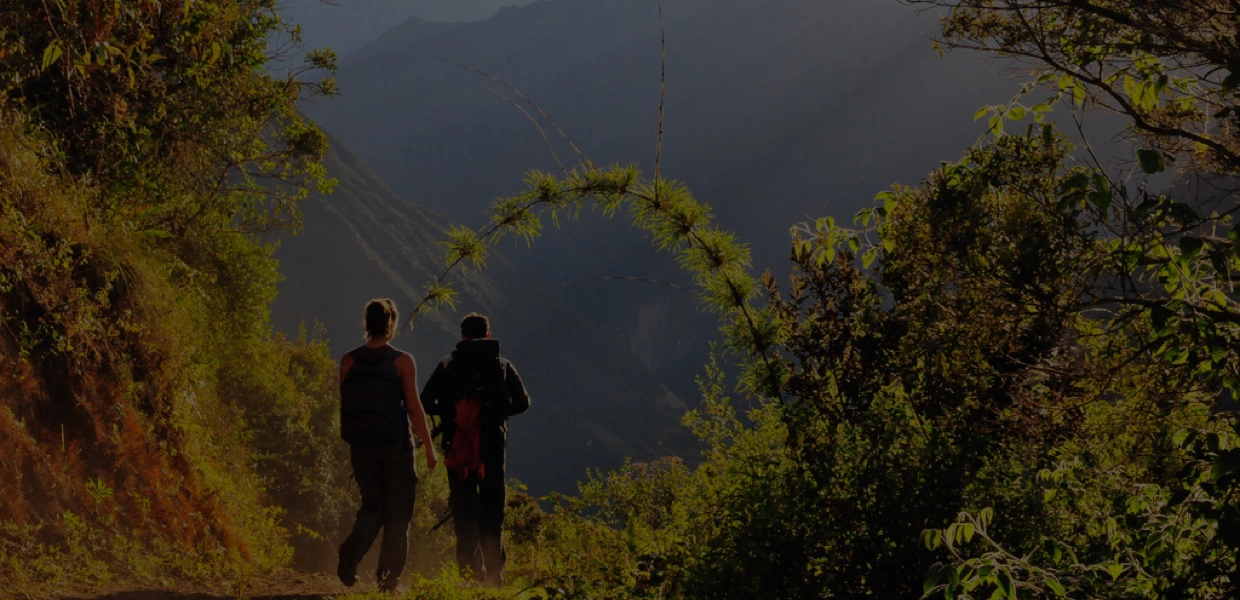
Ready to experience the wonders of Peru? Get in touch, and we’ll help you plan the adventure of a lifetime!

Ready to experience the wonders of Peru? Get in touch, and we’ll help you plan the adventure of a lifetime!

Email Consent Notice
By checking the box, you consent to PeruVisit.com collecting and processing your email address for the purpose of sending newsletters, promotional offers, and information about tours in Peru.
You acknowledge and understand that:
For full details on how we manage personal data, please refer to our Privacy Policy.
The Delights of Peruvian Chocolate Aromatic Elevation: Discovering the Richness of Peruvian Coffee Vines: Capturing Rich Viticultural Heritage Pisco: Peruvian Liquid Heritage Exquisite Vicuna Clothing Embrace Elegance of Alpaca Clothing Ceramics: Crafting History Caballitos de Totora: Navigating Cultural Waters Peruvian Textiles: A Tapestry of History Peruvian Silver Jewelry: A Sterling Legacy Jungle Handmade: Crafted Essence of the Amazon Wooden Replicas: A Symphony of Tradition
Peruvian chocolate, a testament to a 5,000-year-old history, captivates with its exceptional quality and diverse flavor profiles. Rooted in the Amazon jungle, the cacao tree has been intertwined with Peruvian cultures, from the revered Incas to the present day.
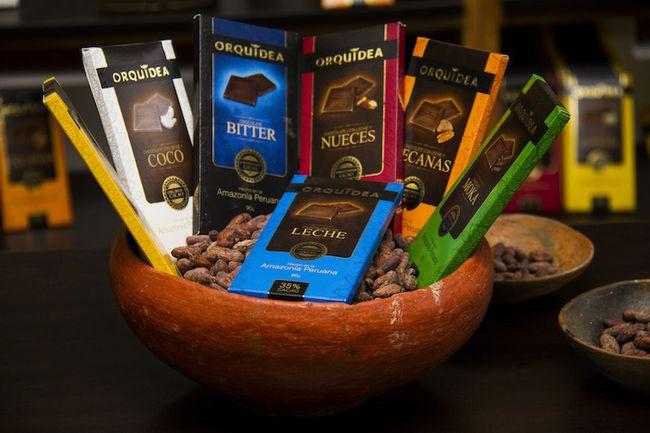
Peruvian chocolate offers a spectrum of flavors, thanks to the abundance of indigenous cocoa varieties. The meticulous production processes, including fermentation, drying, roasting, and conching, contribute to the rich taste of Peruvian chocolate. At the Chocolate Show in London in 2017, “bean to bar chocolate” Cacao Shattell from Lima was awarded the title of The Best Chocolate in the World.
Several renowned brands like Cacaosuyo, Maraná, and Domenico offer an array of chocolates, showcasing Peru's cacao heritage. Prices vary, with Maraná's 70% CUSCO Peru Single Origin dark organic chocolate priced at 7 USD, while other brands present a range up to 40 USD per bar.
For a hands-on experience, explore El Cacaotal in Lima (Jr. Colina 111, Barranco) or indulge in chocolate-making workshops in ChocoMuseo in Cuzco and Arequipa. The diverse options cater to every chocolate enthusiast's palate.
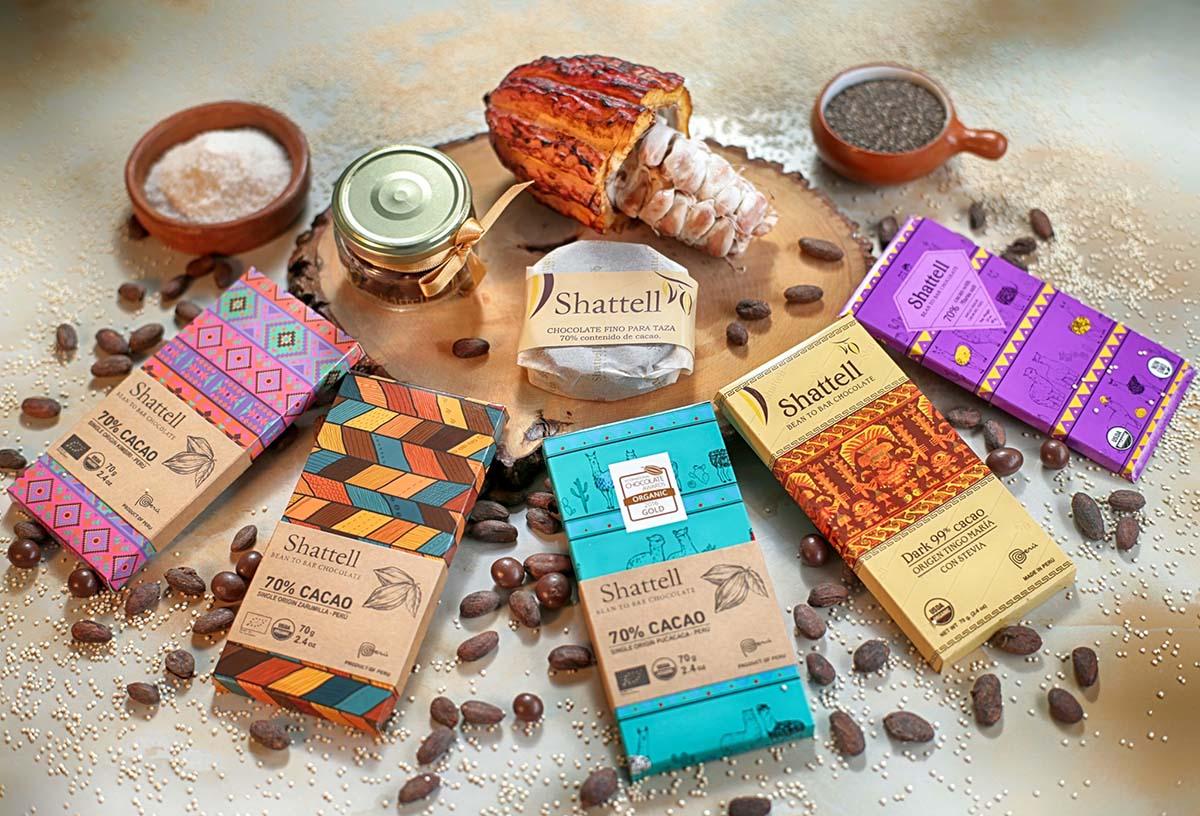
Peruvian coffee, celebrated for its exceptional quality, is a perfect souvenir for coffee enthusiasts. Grown in diverse regions, each offering distinct flavor profiles, Peruvian coffee reflects a commitment to organic and bird-friendly cultivation.
The country's diverse landscapes contribute to the unique flavors, ranging from sweet and fruity to well-balanced with hints of nuts, chocolate, and caramel. Brands like Volcanica Coffee, First Colony, Stone Street, Laird Superfood, and Java Planet are esteemed for their exceptional taste and ethical practices.
The prices for premium Peruvian coffee products range from 17 USD to 20 USD for a 12-ounce (340 g) bag. Whether you're exploring coffee shops in Lima or seeking a more immersive experience on coffee farm routes, Peruvian coffee ensures a meaningful memento of your journey.
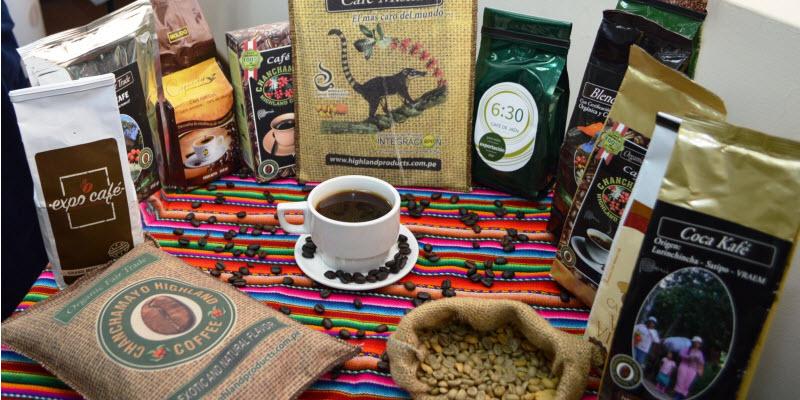
Peru was once the biggest wine producer in the Americas under Spanish rule, though today, its wine scene remains a lesser-known gem. Peruvian wines, especially those from Ica, offer a unique palette of flavors rooted in a viticultural history dating back to the Spanish conquest.
Peruvian winemakers, experimenting with traditional and innovative techniques, craft wines that tell a story of the land and its people. Visiting vineyards in the Ica region, including Tacama and Tabernero, provides an opportunity to experience this wine heritage firsthand.
Specialized wine shops in Lima, like Bodega Privada and Kiwine, offer a curated selection of Peruvian wines. Prices range from 50 USD to over 100 USD, depending on quality and rarity.
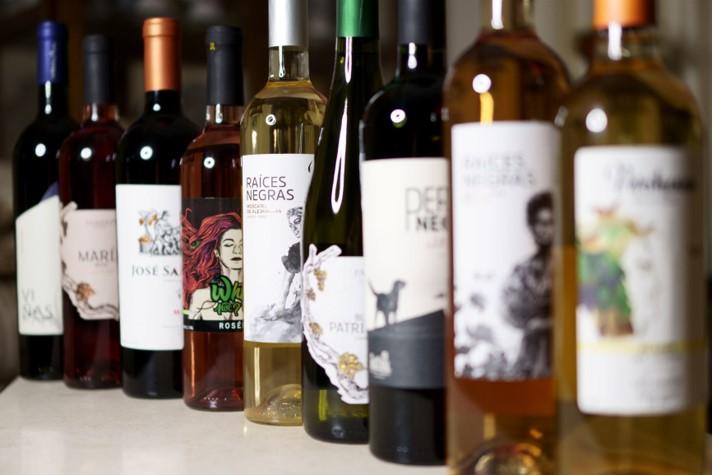
Peruvian Pisco, a grape brandy with centuries-old roots, stands as a testament to the country's tradition, craftsmanship, and diverse climates. Crafted from fermented grape juice or wine, its purity and complexity are unrivaled. Peruvian regulations mandate additive-free production, resulting in a spirit rich in nuanced flavors. Varieties include Puro, Acholado, and Mosto Verde, each offering a distinctive taste experience. Pisco plays a central role in Peru's national cocktail, the Pisco Sour.
For a tourist seeking the best, Ica and Lima are prime locations to purchase premium Pisco. Prices vary widely based on brand, type, and quality, ranging from affordable options suitable for cocktails to expensive, aged varieties best enjoyed neat. Specialty liquor stores and distillery tours offer immersive experiences.
Best Brands:
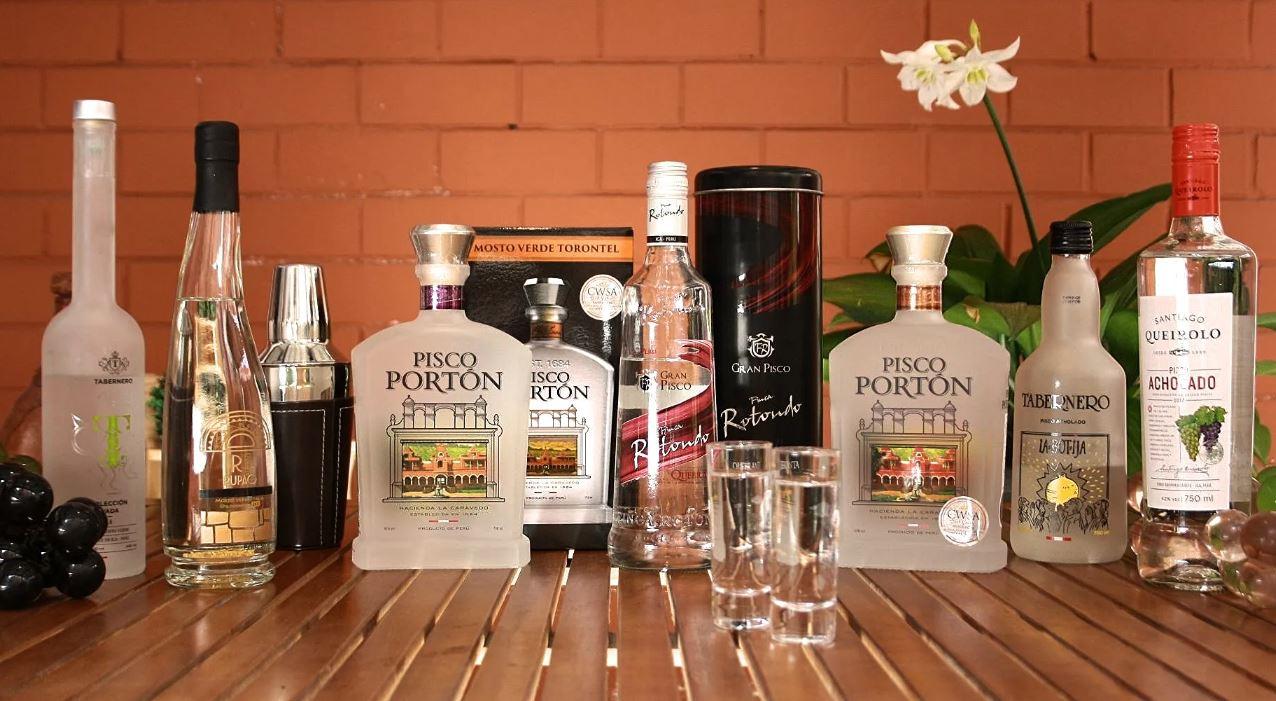
Vicuña clothing is a truly exquisite souvenir from the Andes. Rooted in the rich textile traditions of the Andean highlands, vicuña wool clothing is a symbol of royalty from the ancient Inca civilization to the contemporary fashion landscape.
Vicuña wool is the finest and rarest wool in the world, with fibers measuring only 12 microns in diameter. The process of gathering vicuña wool is time-consuming and labor-intensive. The animals are shorn every three years using traditional methods that do not harm them, and the fiber is combed entirely by hand.
Several renowned brands like Andean Elegance, Inca Threads, and Qori Inti showcase the beauty of vicuña wool, reflecting Peru's textile heritage. Prices vary, with Inca Threads' Vicuña Shawl priced at $300 USD, while other brands present a range up to $1,500 USD for intricately designed vicuña coats.
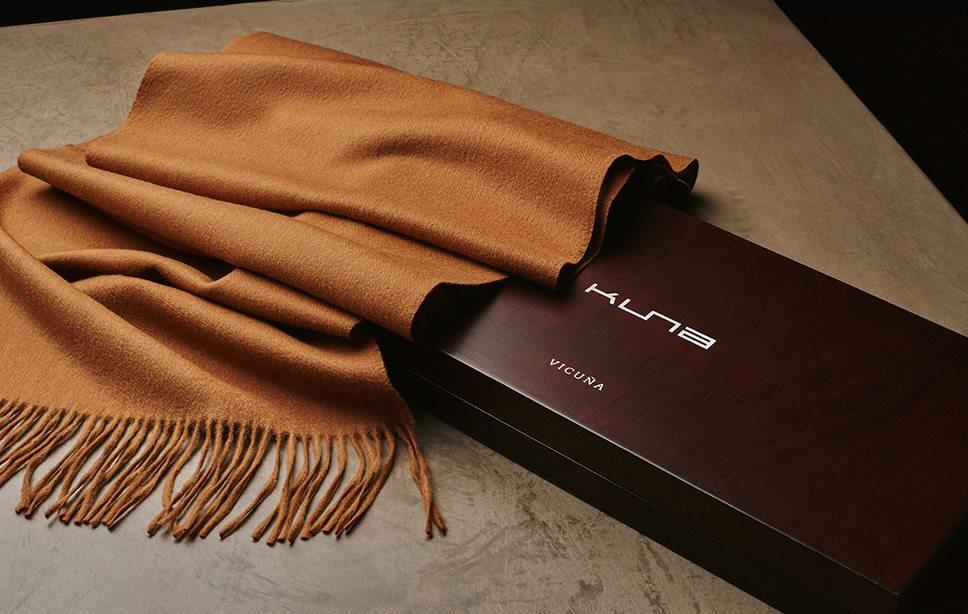
In the Andes, where alpacas roam, alpaca clothing with its exceptional softness, warmth, and durability makes an exquisite souvenir. Alpaca wool offers warmth without bulk, and its hypoallergenic nature makes it ideal for sensitive skin.
Top boutiques in Lima and Arequipa, like Sol Alpaca, Kuna, and Mundo Alpaca, offer alpaca garments with prices starting at 100 USD. Each piece, from scarves to coats, reflects the heritage of Peruvian textile craftsmanship.
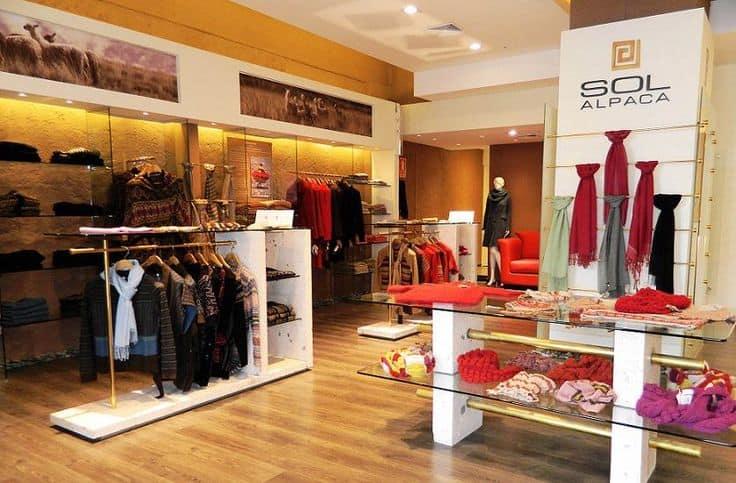
Peruvian ceramics have evolved from traditional to modern styles, incorporating influences from ancient cultures and new artistic trends. Local artisans, like those in Cusco and Ayacucho, create retablos, decorative pottery, and functional pieces that reflect Peru’s cultural heritage.
For authentic Peruvian ceramics, visit artisan markets in Cusco, the Artisan Fair in Lima, or workshops in Ayacucho. Prices vary widely based on size and craftsmanship, with functional and decorative items ranging from 50 to 300 USD.
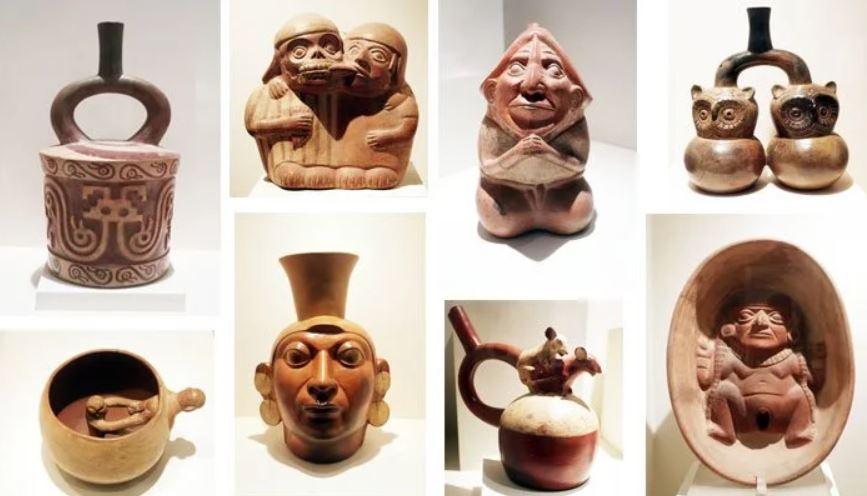
Caballitos de totora, crafted from totora reeds in the coastal town of Huanchaco, are iconic watercrafts with centuries of history. They represent Peru’s coastal culture and make unique souvenirs for anyone intrigued by traditional Peruvian craftsmanship.
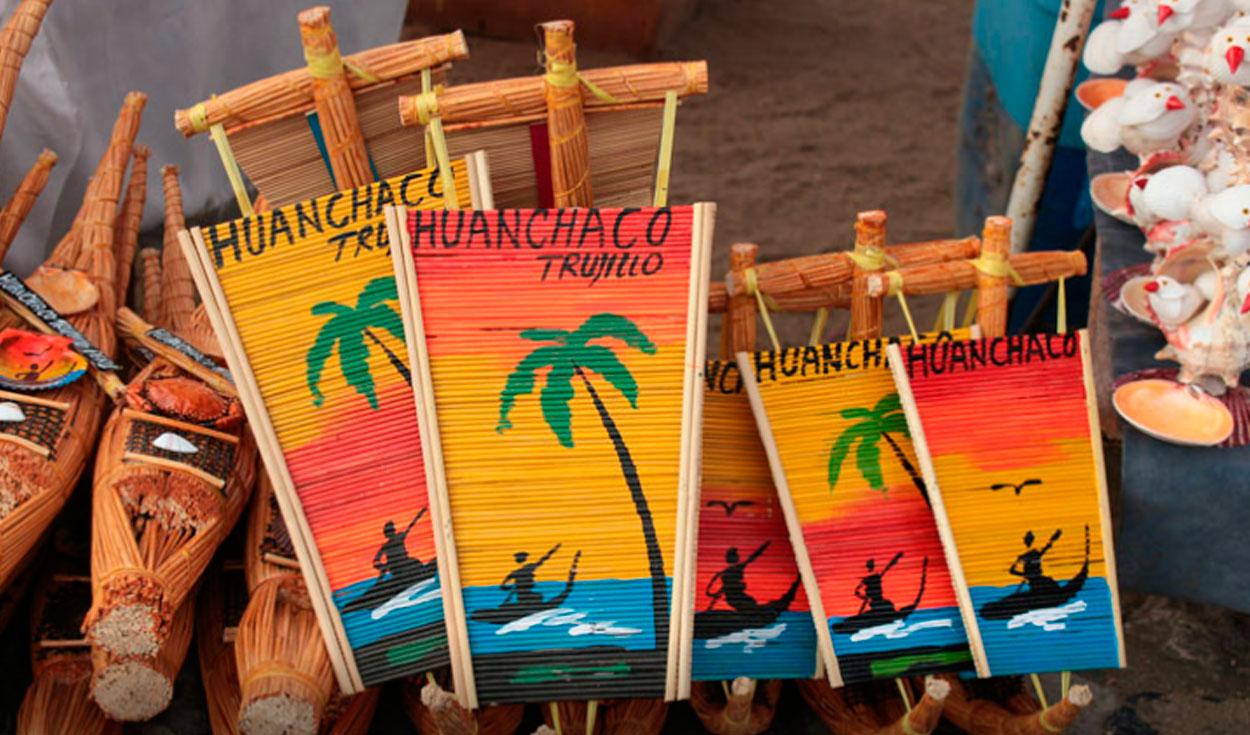
Peruvian textiles, featuring intricate designs and vibrant colors, reflect over 6,000 years of Andean weaving traditions. Markets in Cusco, Chinchero, and Huancayo are ideal places to find high-quality textiles like alpaca blankets, ponchos, and wall hangings, offering a true glimpse into Peru's rich cultural heritage.
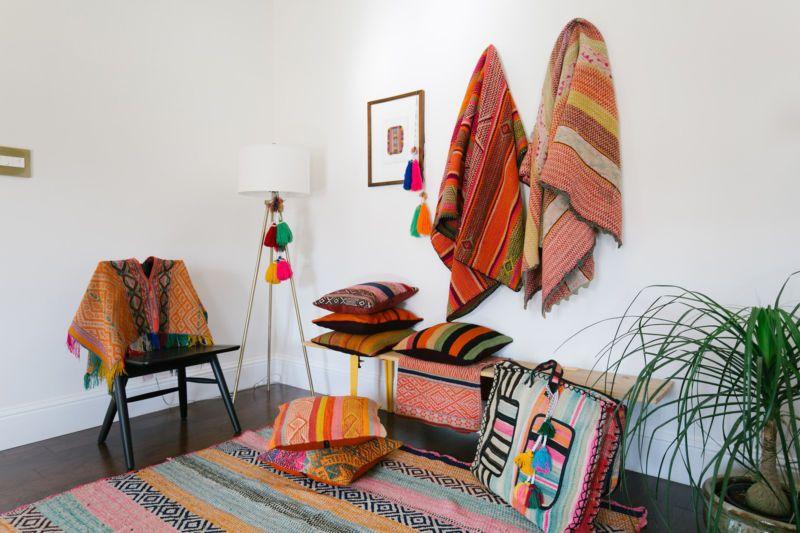
Peruvian silver jewelry, often made with 950 silver, combines tradition and contemporary designs. Shops in Lima and Cusco, like ILARIA and Evelyn Brooks, showcase beautiful pieces featuring Inca-inspired motifs and semi-precious stones.
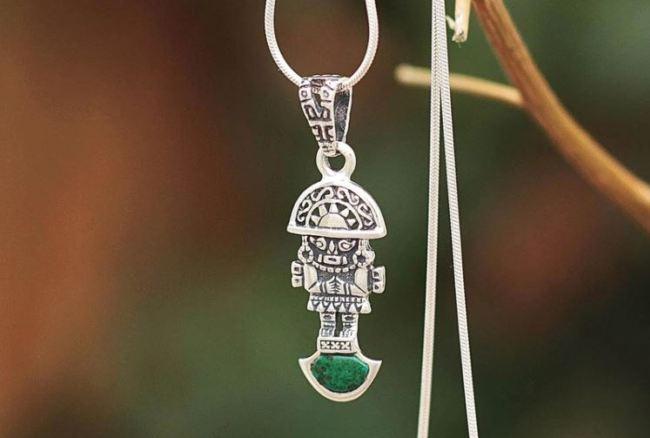
Amazonian artisans craft unique items like baskets, jewelry, and decorations from natural materials in the jungle regions, especially around Iquitos. These items symbolize Peru’s deep connection to the rainforest and make beautiful, meaningful souvenirs.
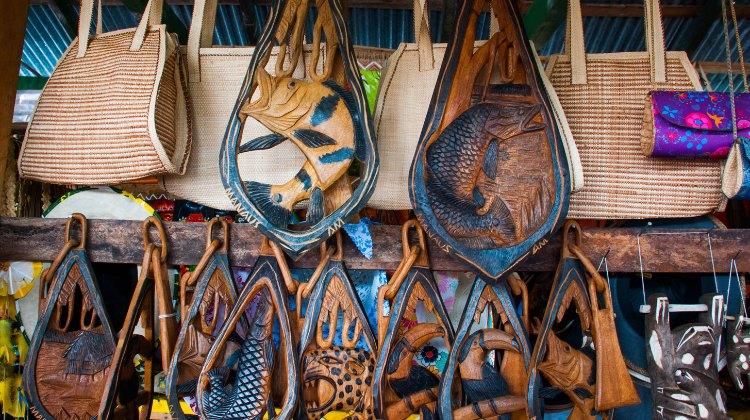
Wooden replicas of Andean artifacts, traditional instruments, and ceremonial items can be found in Cusco and Lima. Popular markets, like the Santuranticuy Market, offer hand-carved items that reflect Peru’s ancient cultures, with prices that vary depending on the size and detail.
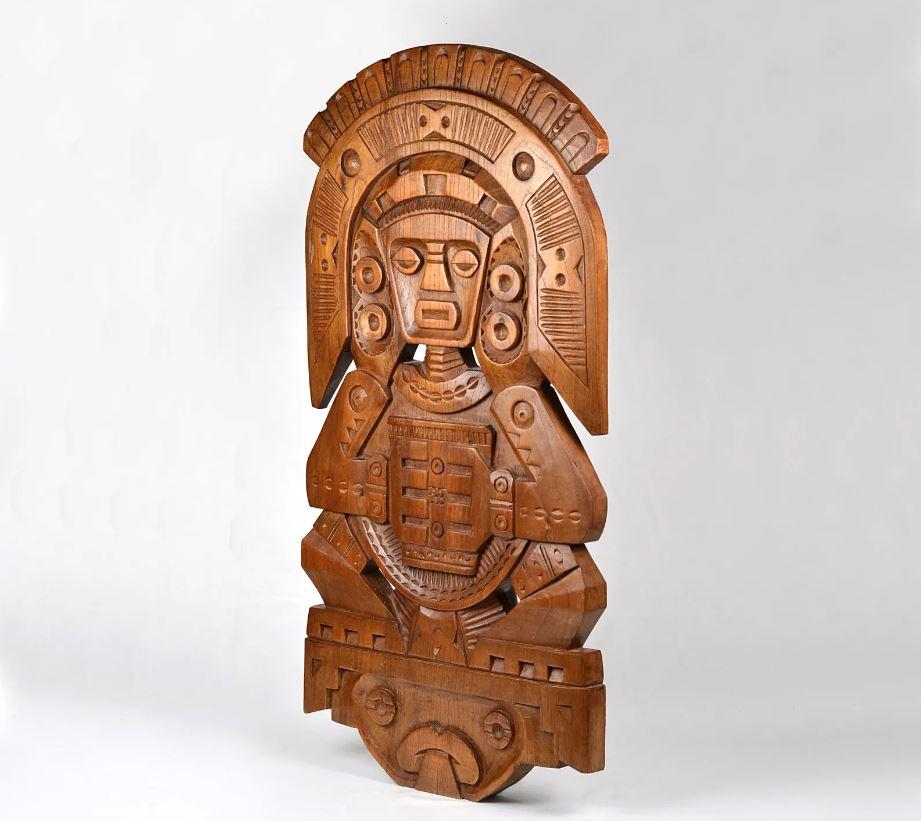
Peru’s diverse souvenirs—from its lush jungles to the high Andes—offer an immersive cultural experience. Each piece reflects a unique aspect of the country’s heritage, making them perfect mementos for travelers.
If you still have questions or ready to plan your trip just message us and we will organize the rest!

Get in touch, and we’ll help you plan the adventure of a lifetime!